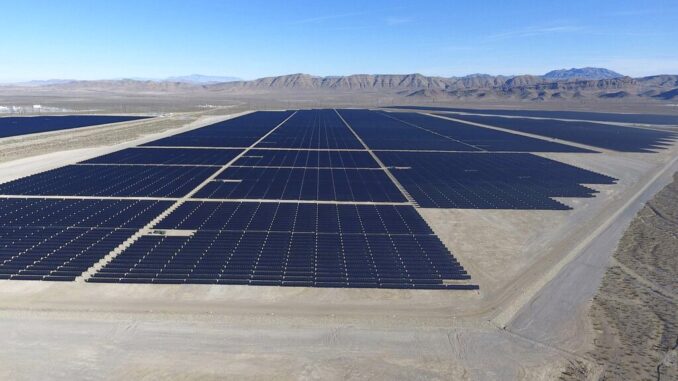
The rolling power blackouts that left half a million North Carolinians in the frigid dark over the Christmas weekend have received widespread attention, including from several conservative commentators who misplaced blame for the outages.
Some have implied that North Carolina’s gradually increasing use of clean energy as part of its diverse mix of power sources caused or contributed to the unprecedented blackouts.
They’re wrong.
Duke Energy’s experts testified publicly to the N.C. Utilities Commission on Jan. 3 about the causes of the blackouts. Among them:
- Several of Duke’s coal and natural gas power plants failed amid the unusually cold temperatures, as did a key software system that helps regulate the flow of electricity.
- Consumer power demand surged as people struggled to stay warm at home and at work.
- Duke was unable to purchase energy from a regional private power market to the north, where other coal and gas plants failed amid similarly heavy demand for electricity.
The worst impacts of the power blackouts fell on the hundreds of thousands of North Carolinians who were without heat or light, especially vulnerable people in poor health and essential businesses that require a reliable energy supply at all times.
What was not to blame: solar or wind power produced by Duke or other energy providers. In fact, Duke explicitly noted that its solar sources operated well during the extreme cold.
More industrial-scale battery storage of power — whatever its sources — would help Duke and other utilities manage unusual demand surges.
But more than anything else, North Carolina’s disastrous Christmas Eve blackouts prove the need for a fresh assessment of how we produce and deliver electricity across the state.
North Carolina’s century-old system of monopoly energy production and distribution is a big part of the problem. Our archaic system is too centralized, too vulnerable, and too prone to cascading failures and dangerous service interruptions.
More competition and better consumer choices would make North Carolina’s energy network stronger, more resilient and more reliable. Now that it has reconvened, the N.C. General Assembly should respond to the blackouts by authorizing the Utilities Commission to conduct a thorough energy market reform study.
North Carolina’s voters — including conservatives — overwhelmingly want more reliable, more resilient and more affordable energy. According to Conservatives for Clean Energy’s 2022 North Carolina Energy Poll, four out of five conservative voters favor lawmakers who will pursue changes in our state’s policies to allow for more energy competition and better choices.
Conservatives know that monopolies are bad for consumers while competition and free markets are good. Three-fourths of conservatives favor studying alternatives to North Carolina’s outdated monopoly system to allow more consumer-friendly competition, the statewide poll found.
A growing number of visionary conservative state lawmakers are leading the charge for energy market reform and innovation. It’s time for others to join them for the good of our state’s almost 11 million people and its nearly 1 million businesses, all of which need affordable, reliable energy.
North Carolina’s voters are blessed with common sense, and they understand that the blackouts are an alarming harbinger of more suffering ahead without more energy competition and choices.
If more free enterprise, less red tape and more abundant consumer choices would improve health care, occupational licensing and many other regulated services, then surely they’re also appropriate for the vital energy on which we all depend, no matter the weather.
Carson Butts is the North Carolina state director of Conservatives for Clean Energy.
